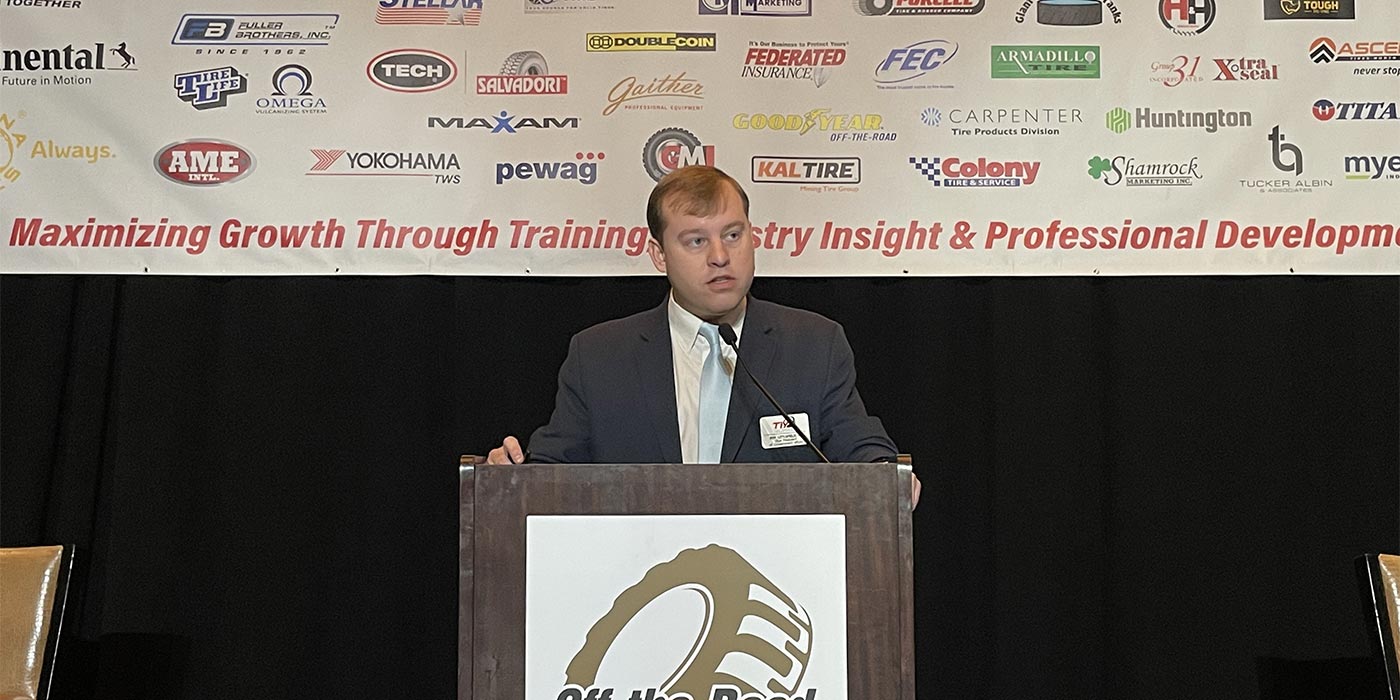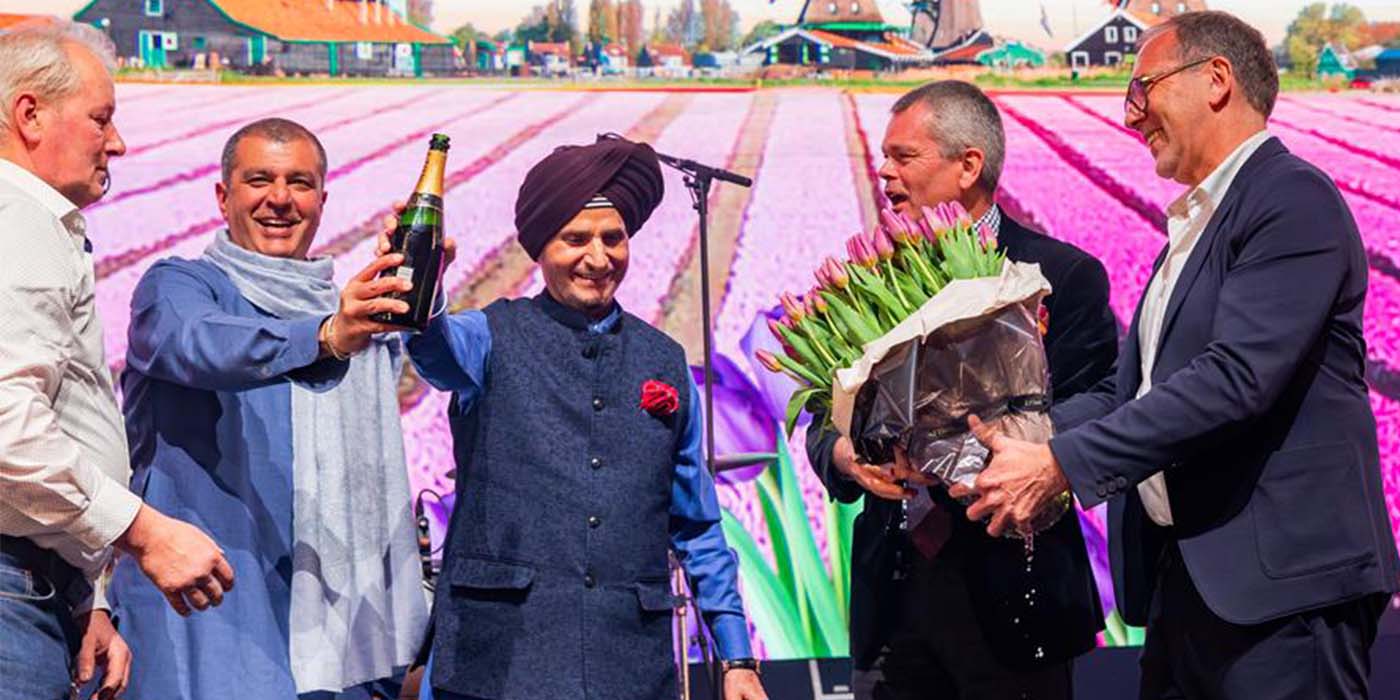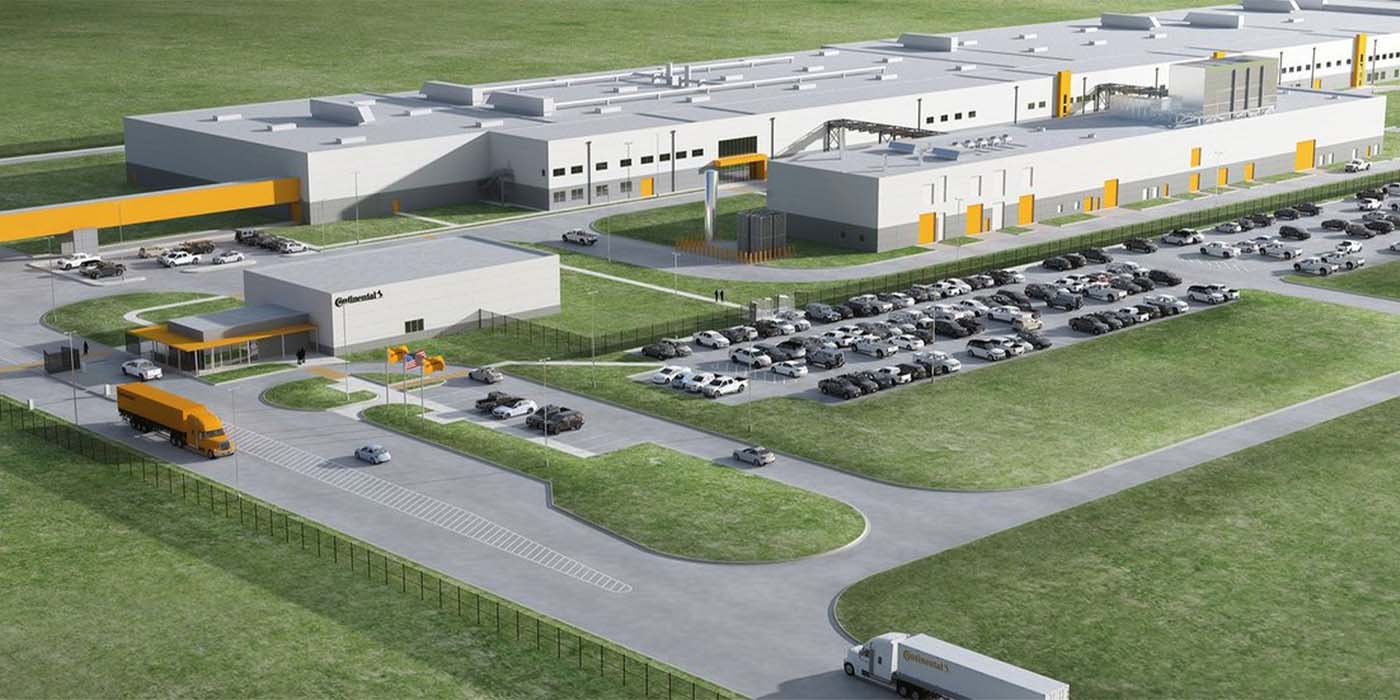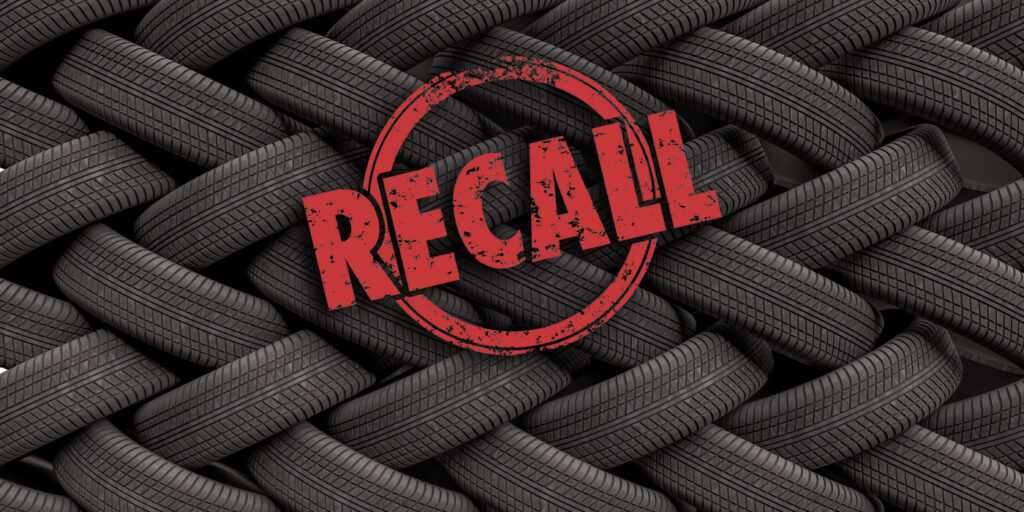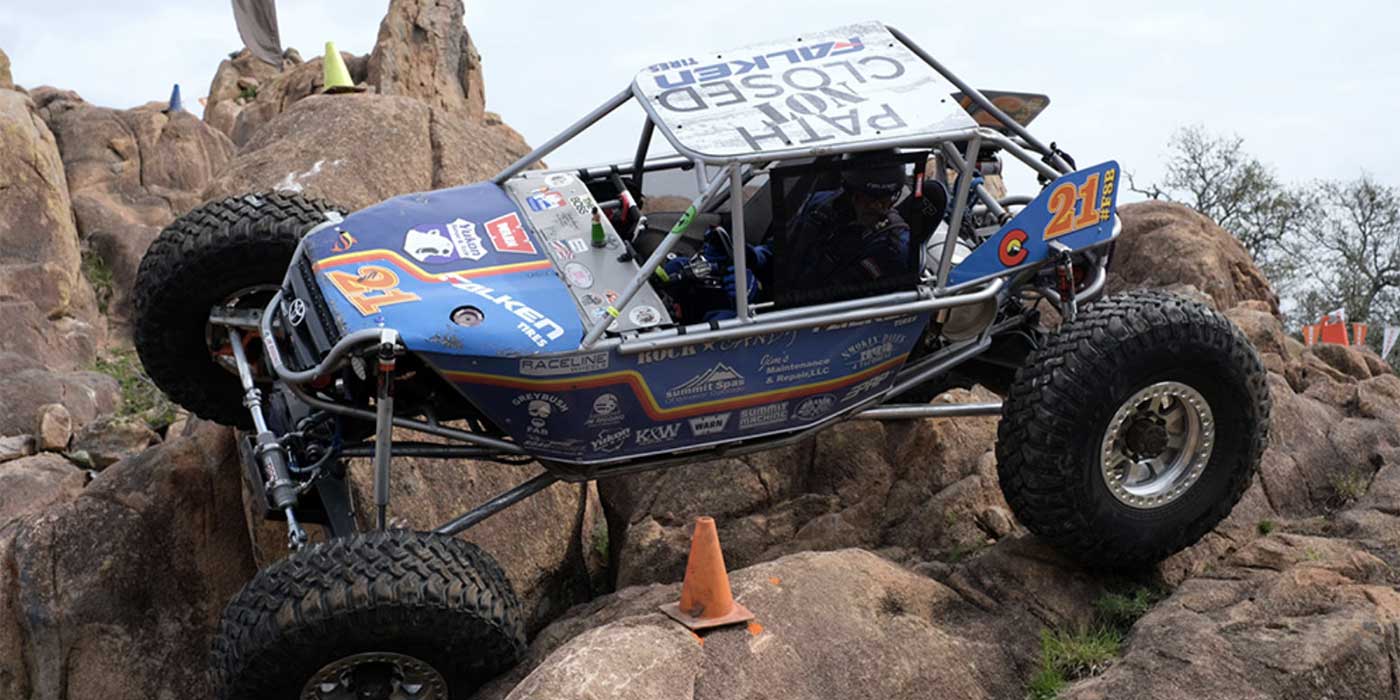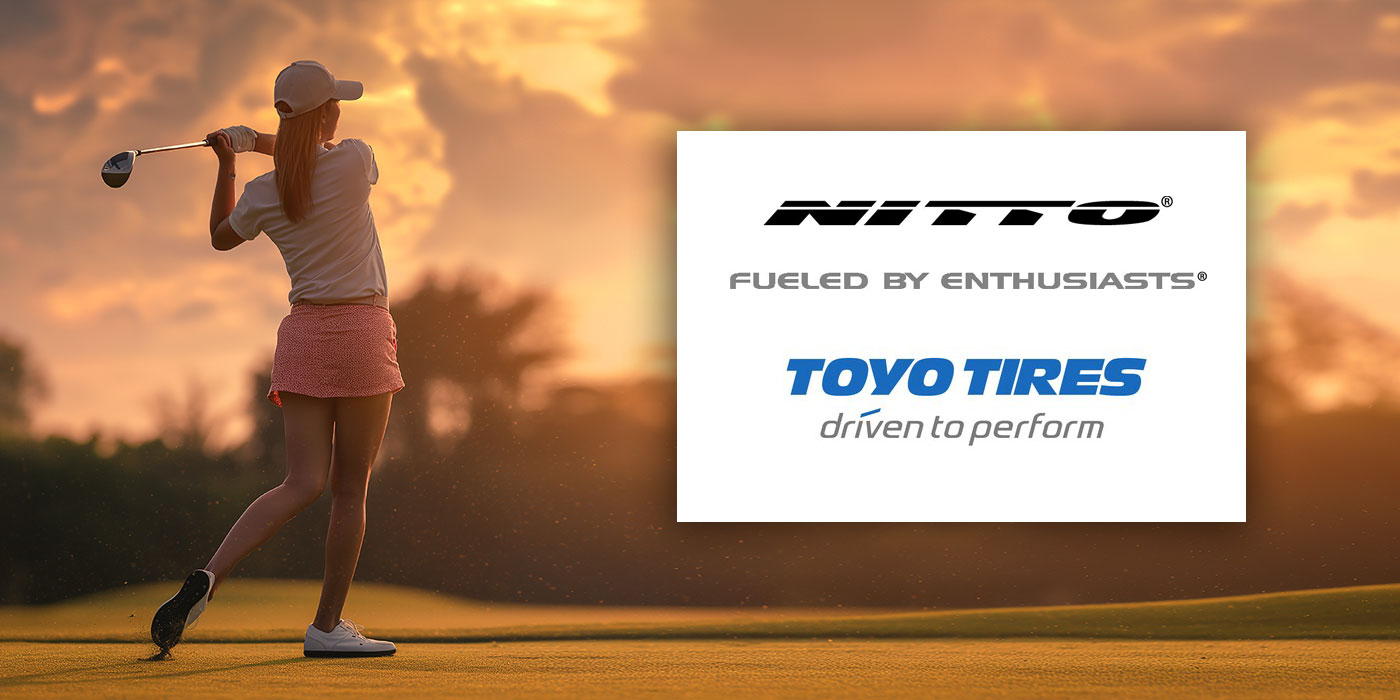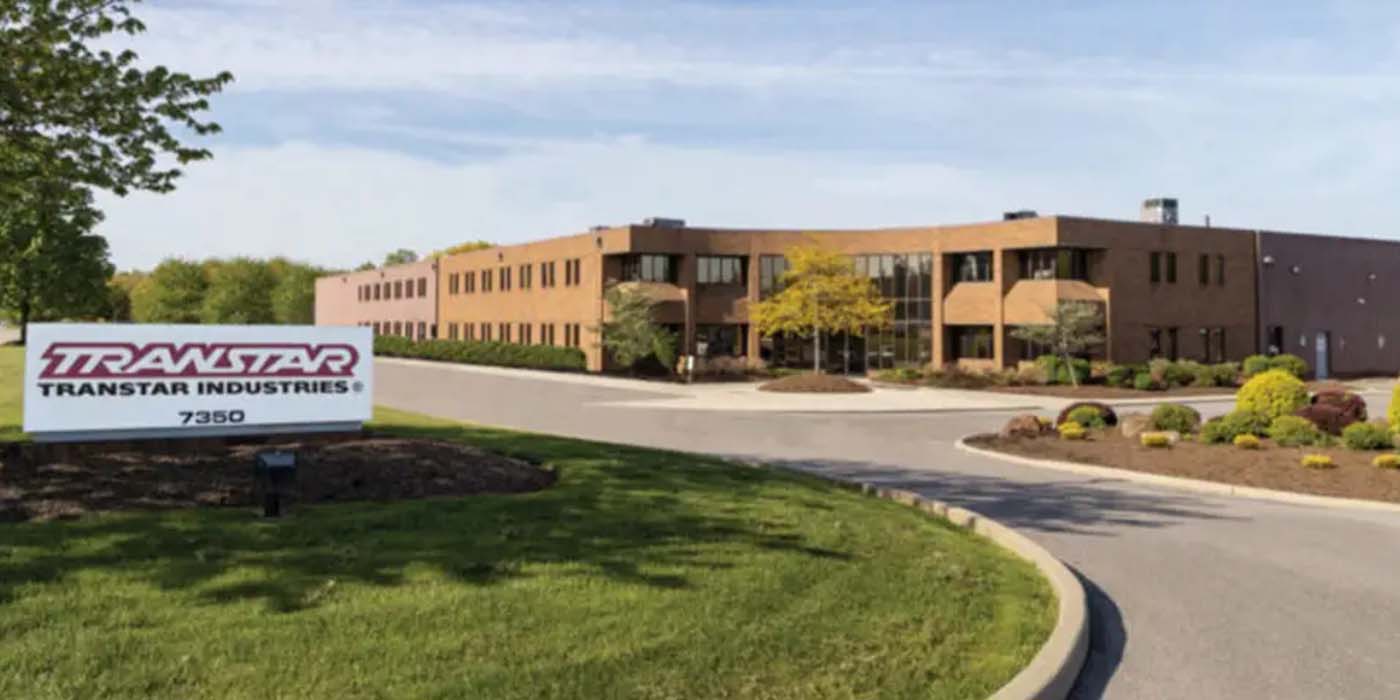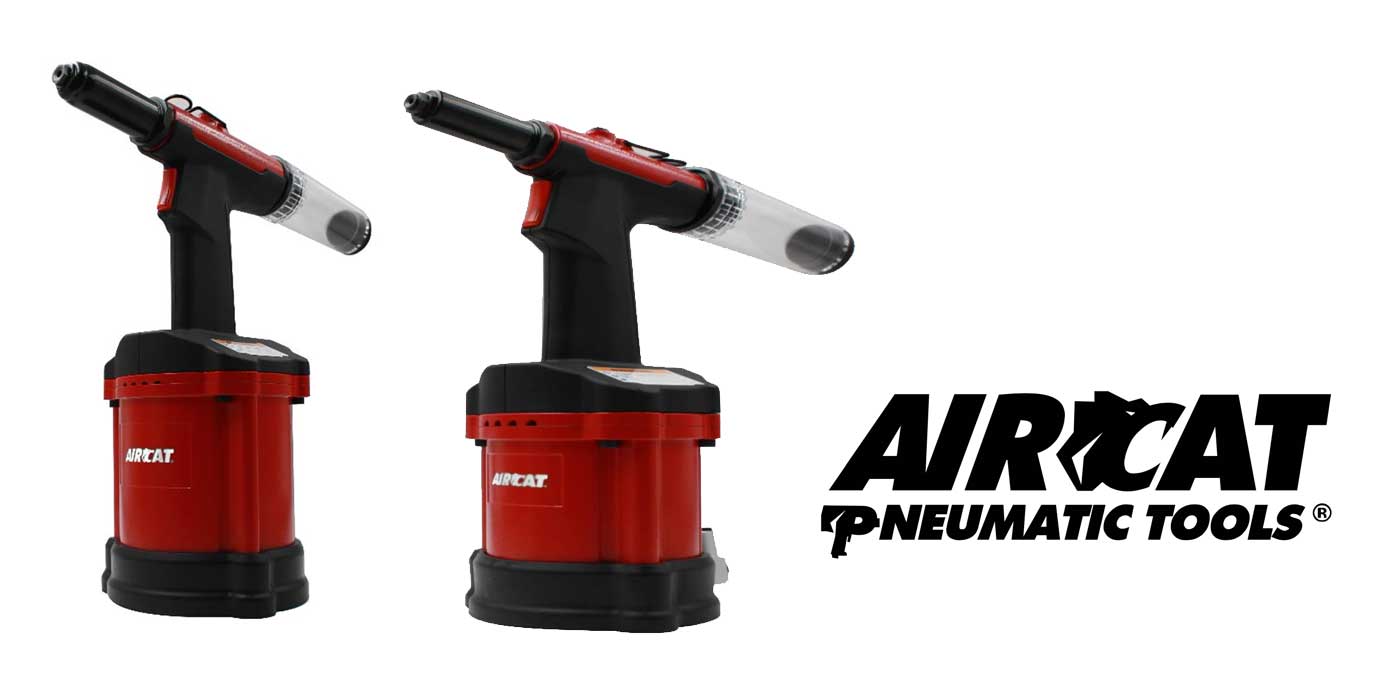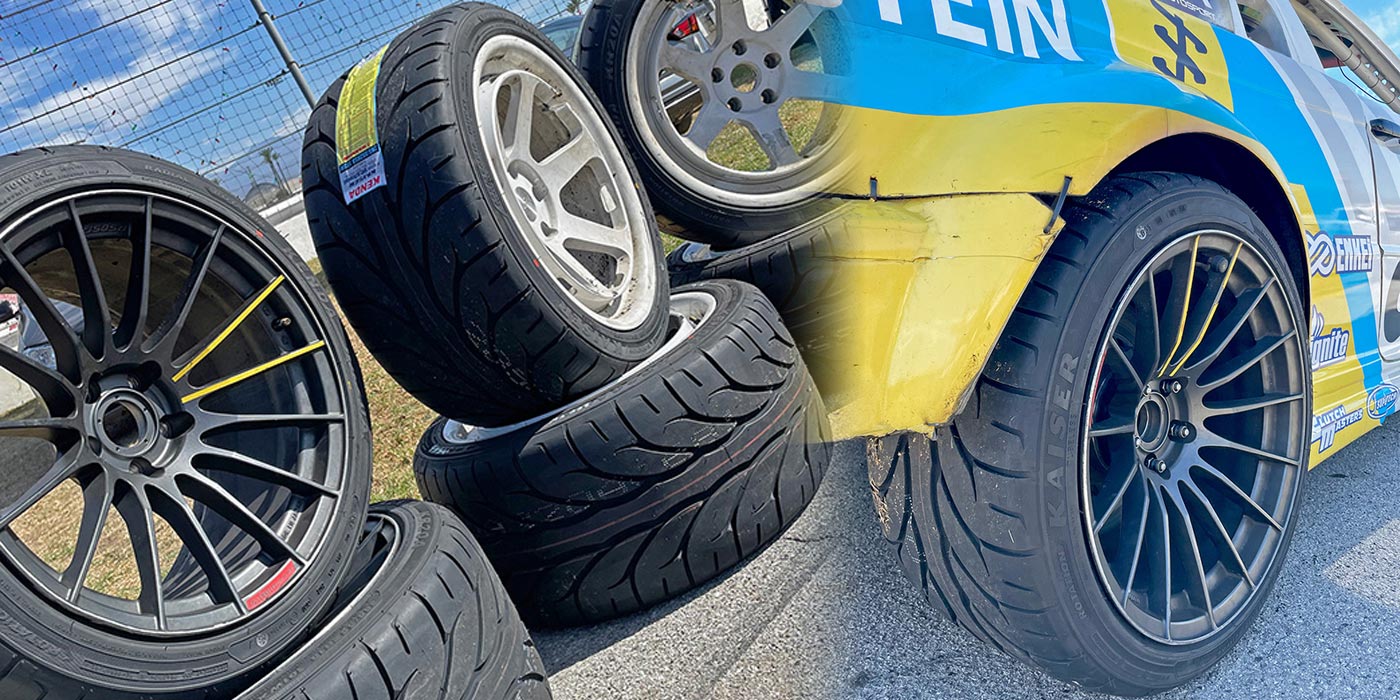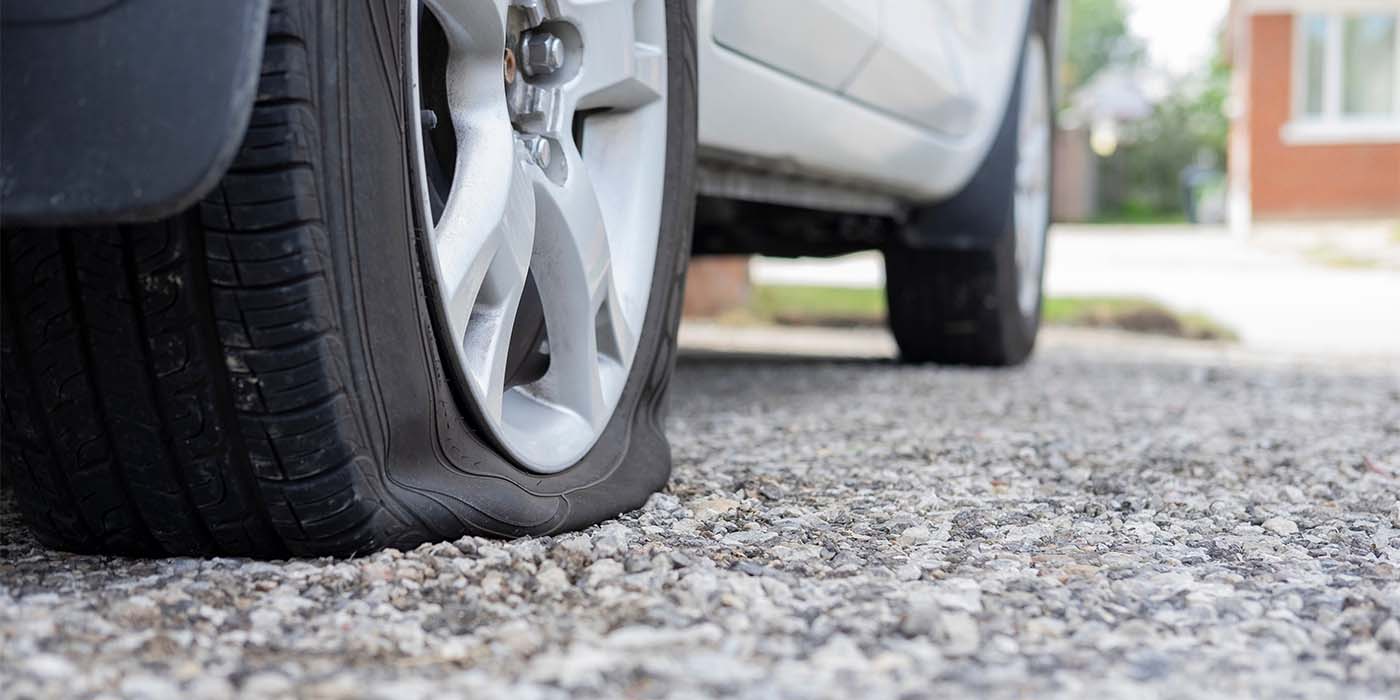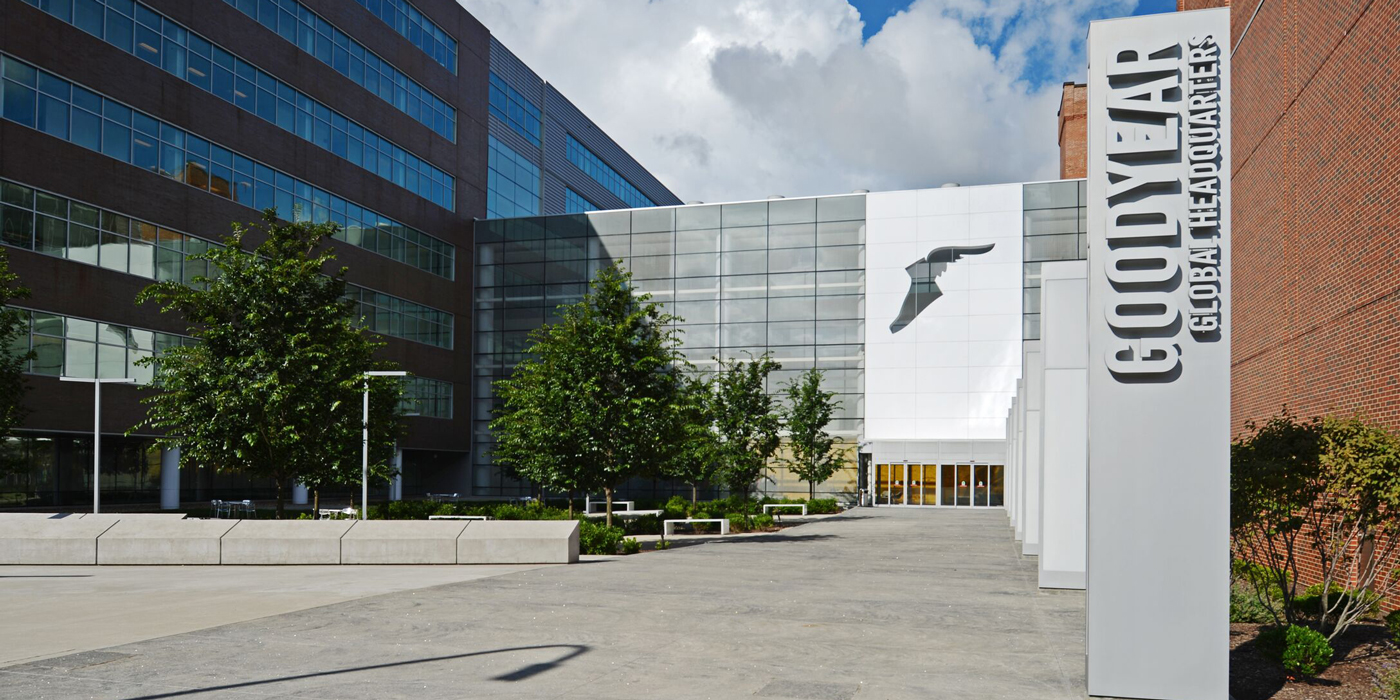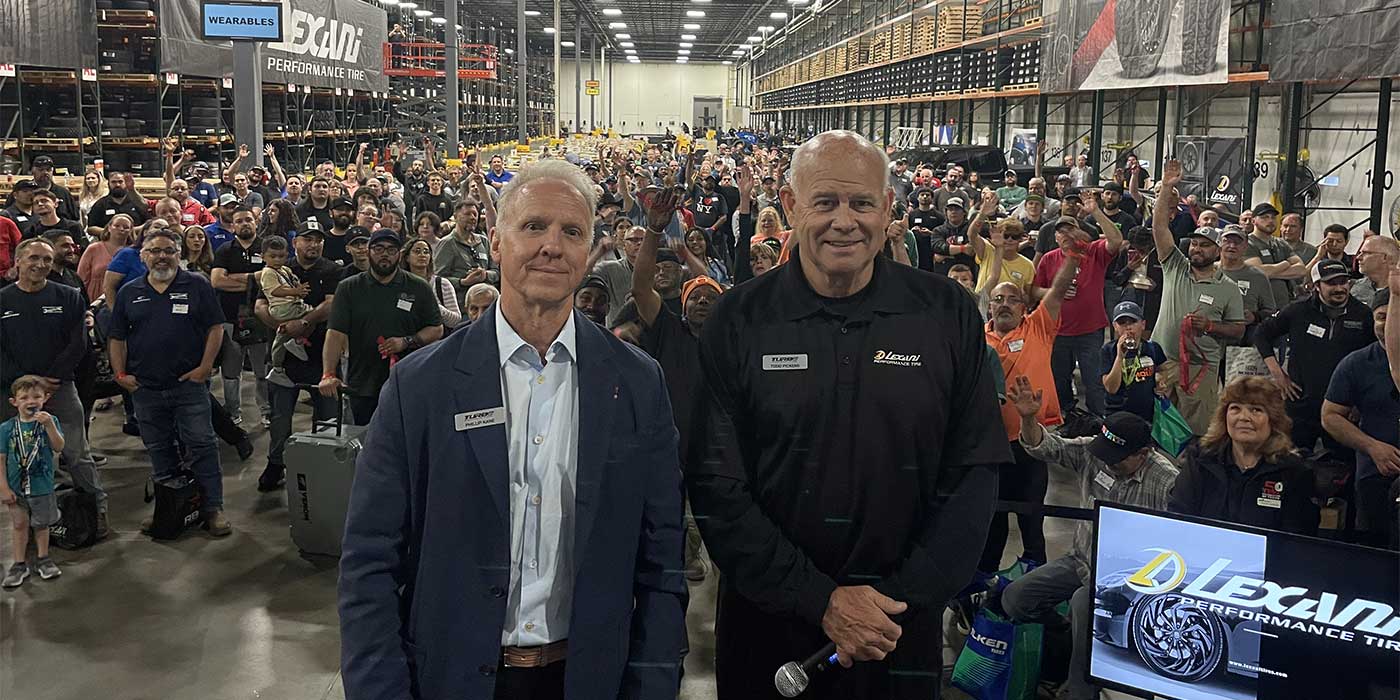Woeful tales of expensive tyres, big machines standing idle, lost production and reduced revenues come from all corners of the world – all for want of the right tyre. That’s why this month’s OTR and EM tyre feature sees Tyres & Accessories explore the range of options available for those seeking to help their customers keep their OTR machinery going.
The problem appears to be particularly acute in the largest tyre sizes. As a result some of the larger mining companies have been switching to using 180 tonne rather than 240 tonne trucks as the tyres are more easily accessible. Others are said to be in the process of trialling enormous 260 tonnes trucks as a way of cancelling out the productivity deficits they have encountered due to idle machinery. But all these are costly, time consuming and ultimately temporary fixes. Wouldn’t it just be better to make your existing casings last that bit longer?
Naturally, a great deal has been written about measures being taken to beat the problem. Some operators are hoarding tyres, some are fitting the next best size, some try second-hand tyres (with one mining company getting stung by importing 144 dud end-of-life OTR tyres), while still others are reportedly running treads down to minus 5 per cent. There are other ways. Here are some examples of the key methods T&A has encountered.
Retreading
Vacu-Lug Tyres is one example of a company that has been putting its experience in general fleet management to good practise in helping OTR operators lower their overall costs.
“In essence it is simple; buy a good quality new tyre, ensure good tyre maintenance and then you will have a good quality casing to retread and greatly extend tyre life,” explained Billy Dillon who looks after a number of Vacu-Lug’s key OTR fleets.
Vacu-Lug has adapted the processes and systems it developed for tyre management on the 30,000 vehicles and trailers it currently looks after to help maintain any type of fleet. According to the company, in the first instance it is essential to start with a good quality new tyre.
Yokohama has just introduced a new radial 29.5-25 RT41 to the U.K. market. Following the introduction of the new RT41, 2400-35 and 2700-49 sizes are expected in due course. Whilst Vacu-Lug is obviously keen to offer products from its Yokohama range, the company also maintain fleets that use products from the other main manufacturers.
Vacu-Lug managing director Tim Hercock explained that, in his opinion, most of the imported economy products that have entered the market in recent years are not suitable for retreading: “Their manufacturers have to save money somewhere and most have done so in the casing construction. They are essentially one-life tyres and whilst initially cheaper to buy will prove costly in the long-term. The products need replacing more frequently, and without retreading, disposal costs can climb.
With a good quality new tyre and the right choice of retread it is possible to reduce operating costs by at least 20%.” According to Hercock, it is important to change the new tyre early enough to ensure a second life – trying to squeeze the last few hours out of a large tyre carrying 50 tonnes can prove a costly exercise if the added strain damages the casing.
The choice of retread material is important and the solutions open to customers have grown in recent years. pre-cure has become more popular and at Vacu-Lug is now available for some of the largest sizes such as 2700-49. Those operators who manage their casings properly can be confident of the same casing being returned to them through the pre-cure process. “It is vital to ensure the right pattern and compound is used relative to the end-use and this is where a good dialogue with the retread manufacturer is important. The wrong choice can severely reduce operating hours and impact on other performance characteristics,” Tim Hercock continued.
Given Vacu-Lug’s strong position managing truck fleets in the waste industry, it is not surprising to find that many of these operators rely on them to manage their plant and machinery. The tough terrain and conditions on landfill and associated sites can cause rapid wear and high damage. Polyurethane tyre fill has traditionally been seen as the best way to reduce damage and prolong tyre life and Hercock points out that filled tyres are still suitable for retreading.
The global demand for OTR tyres has acted as a catalyst for some major changes and combined with ever increasing cost pressures most users have been forced to re-think their purchasing options. From Vacu-Lug’s position, the key to controlling operating costs is to have a properly worked out tyre management policy and a good working relationship with the right retread manufacturer.
Flat-Proofing
Mention flat-proofing and names like Arnco and Carpenter spring to mind. In Europe the Zeus brand is right up there with them, but T&A has it on good authority that the new Zeus Triofill brand of flat-proofing is already making an impact on the market.
Triofill’s unique feature is that it is based on an innovative three component structure. Most tyre-fills are made up of two different types of polyurethane. Triofill adds a third element – that of granulated rubber, which according to the company, dramatically enhances its performance characteristics, particularly its physical strength. RÖsler managing director, Martin RÖsler explained that Triofill is greener, cleaner and more cost efficient, offering a greatly improved overall performance.
The new system features a completely redesigned pumping machine. It is also the first electrically driven tyre filling system of its kind, which is quieter and solvent free. According to the company it is easier and quicker to clean, more environmentally friendly and over 10 litres a minute faster than traditional pumps. The new Triofill system includes a flow metre that measures the exact content of the tyre to avoid over-filling, eliminating the need for weighing scales.
The clever thing about the Zeus system is that it runs in a very sound, environmentally friendly, closed loop model. This means that after virgin Triofill flat-proofing material is produced and used for the first time the company collects what would otherwise be a waste product and re-supplies to the customer for a reduced cost. This concept not only means the customer saves on the cost of flat-proofing their next tyres, but also helps the environment because there is not waster – and crucially – no environmental disposal charge.
How does using fill affect performance? The answer to that is a question of perspective. While it would be true to say that using fill (of any kind) reduces load carrying capacity and causes higher fuel consumption in some instances, most modern machinery operates in such a way that it the performance differential isn’t really noticeable. Compared with the huge problem of downtime, this theoretical negative could be considered as relatively insignificant.
From the Zeus perspective, Triofill represents the next generation of fill, in terms of the product’s design its method of application and the closed loop environmental model that surrounds it. The new method employs a completely different formulation that uses an entirely different approach to raw material usage. This is particularly revolutionary in the tyre-fill part of the market because the technology behind the majority of the differing products available has remained largely unchanged for the last couple of decades. Add to that environmental angle and increasingly green-conscious businesses are likely to be interested in a product that claims to tick all the boxes.
The Zeus brand of tyre fill finds its roots in the Dortmund-based RÖsler group formed back in 1960 where it began life as a family based, local retreader to the European EM Tyre market. In the late 1970s when flat-proofing products first came to prominence, RÖsler started making headway into researching the best way develop a product of its own to compete in this market. At the time the company started as it meant to continue, designing a product that was softer and more flexible than the competitors of the day. This suited the popular soft-sidewall Michelin radial EM tyres that dominated the market at the time, giving Zeus a competitive edge in Europe and providing the business inspiration for the company’s current progress.
Chains
Tyre Protection Chains don’t need much explaining. The basic concept is to put a one-off investment into wrapping up tyres with chain and keep the tyres going longer by preventing the offending sharp waste, rock or ice from penetrating the tread or sidewall rubber. RUD-Erlau Group claim to be world market leader in this field with a 65% of the global tyre protection chain market, T&A got in touch to find out more about the humble chain.
Tyre protection chains (TPCs) were first developed in the fifties to meet the needs of the wheeled loader by specialist chain maker RUD-Erlau based in Southeast Germany. Over the years, the basic anti-skid snow chain has evolved in a more advanced tyre defence product in addition to a traction aid. As a result the company’s products can be found in mines and quarries across the globe – producing limestone in Europe, copper in Chile, iron ore in Australia and diamonds in Africa.
Where traction and manoeuvrability is a problem, open-mesh TPCs are recommended to increase grip on the road surface. According to the company, the result is “more sure-footed operation and eliminating danger to personnel and property and reducing driver fatigue.”
In relatively dry conditions RUD-Erlau’s TPCs offer varying degrees of protection to match the environment. Stockpiling operations may require the light touch of open-mesh ring system. While close-meshed, case-hardened TPCs with full side wall protection enable loaders of all sizes to go fearlessly into the most extreme mining conditions. In fact, the RUD-Erlau is so confident of the level of protection its products offer company representatives showed T&A photos loaders fitted with Erlau TPCs running on flaming hot and cold steel slag.
The OTR tyre shortage has meant fitting TPCs makes financial sense in a much wider range of off-road quarrying and mining applications. The thinking is, why complicate your life, evaluating and experimenting with other solutions when, instead of hunting for suppliers and laying out good dollars on new tyres at inflated prices a one-off investment in some chains could potentially part worn tyre life indefinitely?
While figures vary from case to case RUD-Erlau gave a few interesting case studies: Amongst them it is interesting to note that a CAT 988B loader running on 36/65-33 DT’s in a German limestone quarry was getting through a set of tyres every 1200 hours at a cost to the operator of US$37,615 per set or US$31.35 every hour. For an investment of $56,200 the company fitted a set of RUD-Erlau Royal X16 TPCs, which extended the tyre life to 12,000 hours and reduced tyre costs to $3.13 per operating hour. Factoring in a conservative chain life of 10,000 hours ($5.62 per hour) the total hourly cost dropped to $8.75 – a saving of $22.60 (72%). (Tyres & Accessories/Staffordshire, U.K.)


